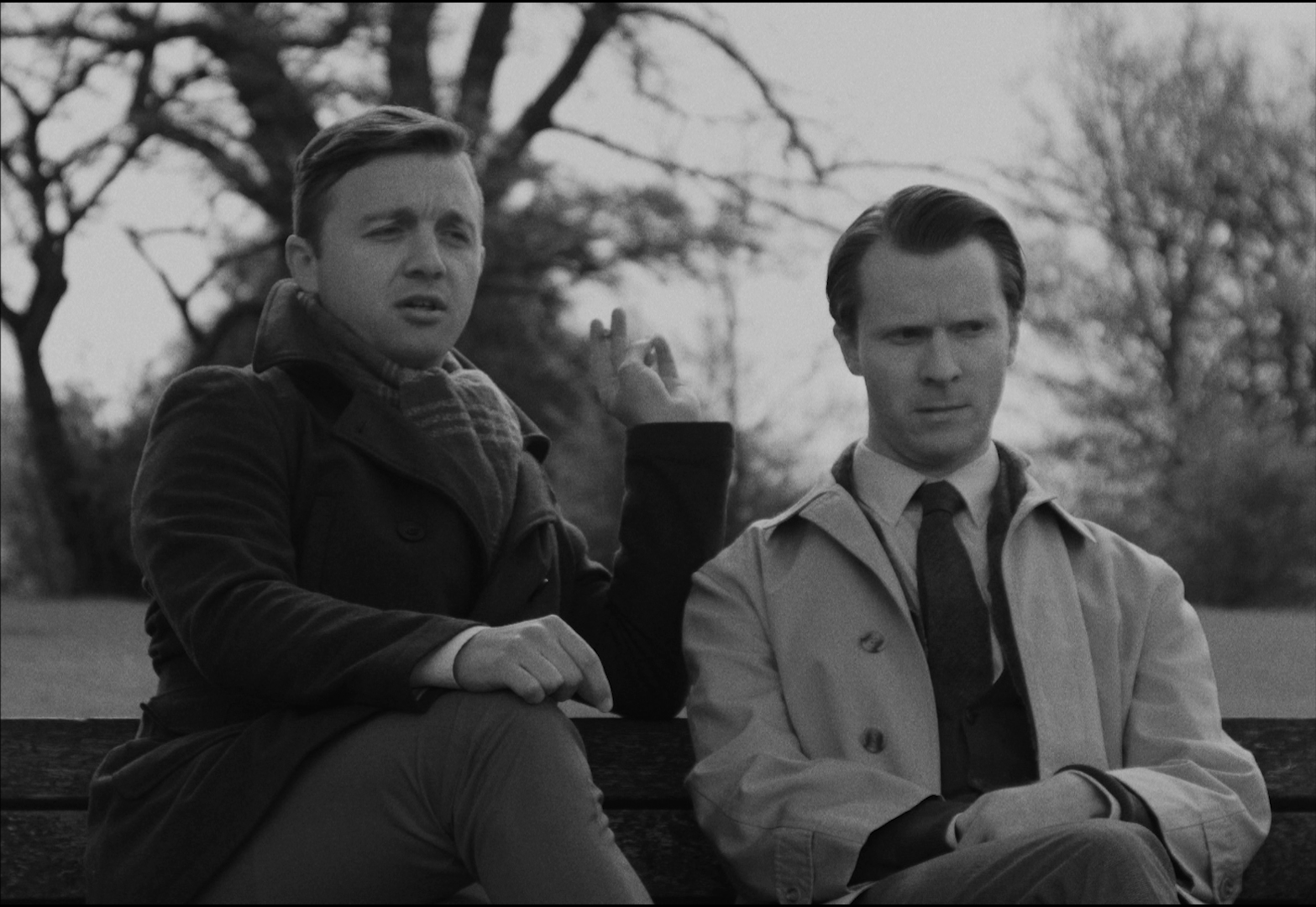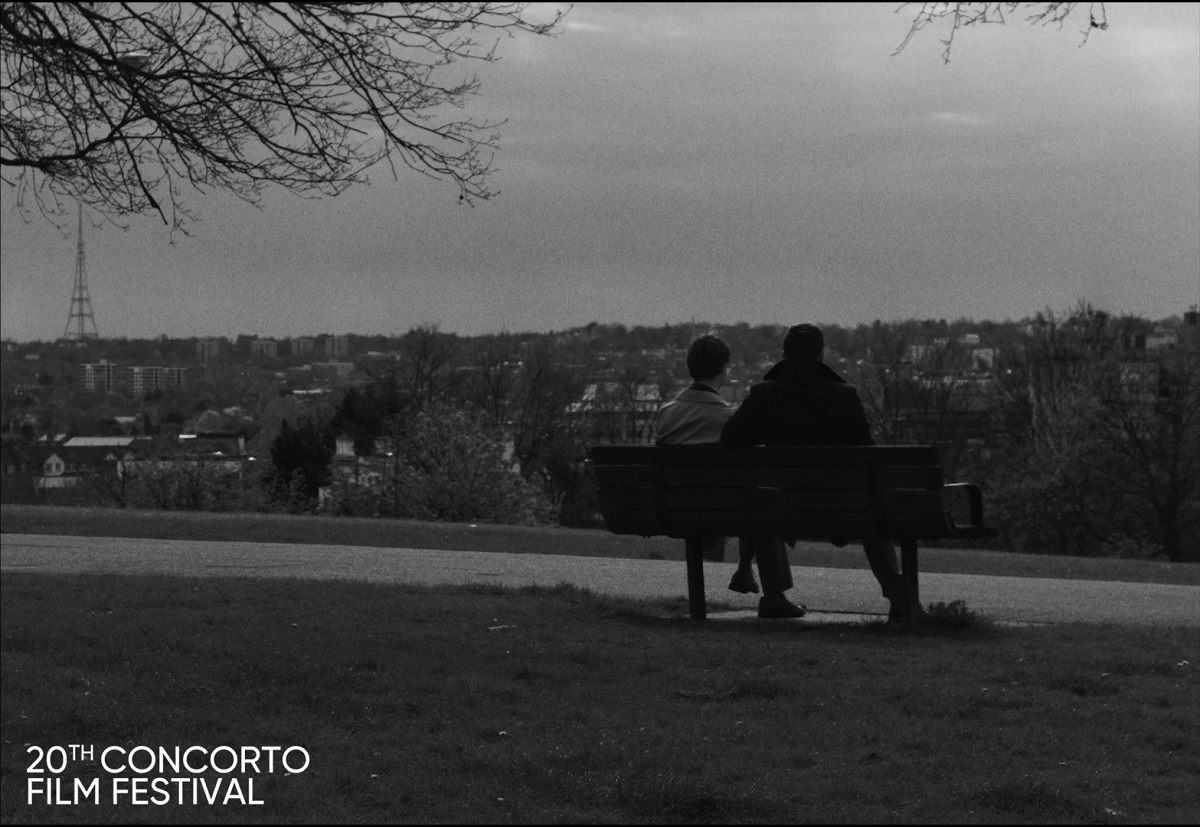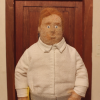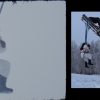Interview with Brian Fairbairn and Karl Eccleston.
What inspired you to produce a short film in Polari? How did you come by the world of Polari?
Our interest was sparked some years ago when reading Anthony Burgess’s novel A Clockwork Orange. In the novel some of the characters speak a made up language called Nadsat, which Burgess partly based on Polari. The fact that there once existed a code language used by the gay community blew our minds a bit. Our first thought was: Why have we never heard about this?
Polari as a language has disappeared and has not been used for a long time. How did it feel to discover it and also to study it for your film?
Polari fell out of usage pretty quickly when homosexuality was partially decriminalised in the UK in 1967. References to Polari were still creeping into popular culture into the 90s, but when we wrote the film back in 2015 it had pretty much slipped from queer popular consciousness. The main source we used to research the film was Paul Baker’s comprehensive Polari dictionary. Diving into the dictionary it was sort of this strange experience akin to finding a buried civilisation intact – like a Pompeii. We’d look at a particular word and think ‘How did people use this? or ‘what did this sound like?’
The Polari you see in the film is very much our own reconstruction – it’s an exaggerated version of how it might have been used but we think it gives a good indication of how inventive and exuberant it could be.
Despite starting out as an almost comic sketch, the film takes a darker turn at the end. What was your intention with that?
Polari obviously offers a lot of comic possibilities for writers – its camp, smutty and full of clever innuendo. We’ve always loved the comedy sketches of Victoria Wood and when we started writing the film we were just mucking about and we thought ‘let’s just write something funny.’ But Polari is full of shades of light and dark – there’s lots of words to describe the justice system, the police, the courts and so the story almost took a darker turn of its own accord. The film ultimately hinges on a confession: the character played by Steve Wickenden has done something awful and he needs to get it off his chest. The fact that he’s skulking around the park not looking for sex but because he needs to confide in a fellow human being is what, with hindsight, gives the film its darkness.
What was it like to discover the world of the LGBT community of the 60s?
The most surprising thing about Polari is that it gives us a completely different view of a world we think we know. Basil Dearden’s 1961 film Victim shows one side of the queer experience – the laws, the courts, the threats of blackmail – and we’re very familiar with these narratives of oppression. But Polari is expressive, colourful, transgressive and so it shows a completely different side of the queer experience. It wasn’t all misery – it was humour in the face of oppression.
This is not the first production focused on languages. Where does your interest for languages come from?
Brian lived in a few different countries growing up and Karl studied in Paris when he was in his 20s, so we’ve always been interested in languages. Sometimes a specific language or the modes of expression of a certain epoch intrigue us, but it’s always a particular historical tidbit or the idea for a character or a scenario that is the starting point.
Have you got any plans for future productions?
We are currently in post-production on another short film – a period drama set in Regency London that centres on a historical sodomy scandal. We’re also developing a feature that spans several periods of English history but it’s still very much a work in progress.
Intreview by Isabella Carini









Commenti recenti